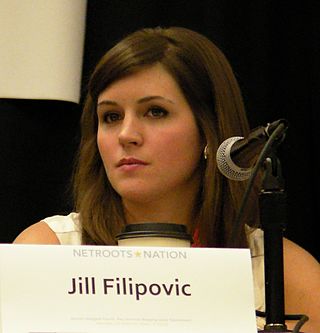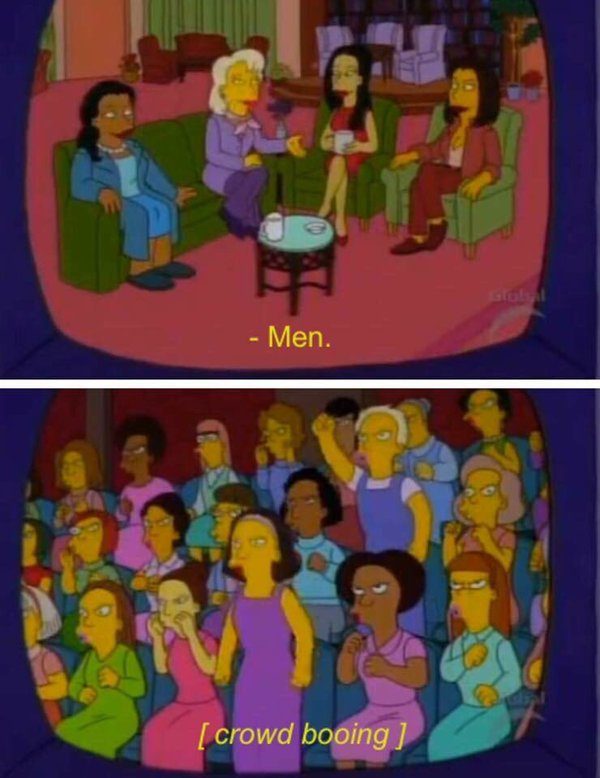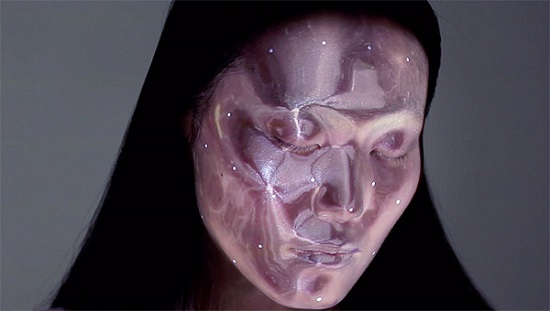The Maine Millennial: The Charming Columnist that Casually Understands that Sex Work is Labor

Stormy Daniels’ Make America Horny Again is the tour that won’t stop—as she chugs from city to city, local coverage follows. Dozens of cities later, the coverage of her tour is getting a bit formulaic.
Here’s the formula local writers tend to use when covering a Stormy appearance:
cursory explanation of Stormy’s newsworthiness + ironic description of the strip club’s interior + sarcastic line about how this performance’s audience is more sophisticated than the average strip club patrons + the writer self-congratulates for supporting a porn worker + isn’t 2018 crazy?!?!
Which brings me to Victoria Hugo-Vidal, AKA The Maine Millennial, whose Sunday column in the Portland Press Herald on Stormy’s appearance at PT’s Showclub stuck to the formula while surprising me with its earnest description of sex work as labor and unabashed enthusiasm for strippers, but none of the snark. I was so tickled that I had to e-mail her.
Who is the Maine Millenial? What’s the gist of your column?
The Portland Press Herald is the largest daily newspaper in Maine. My column, which runs every Sunday, provides a youth’s-eye view of things in the state of Maine (which currently has the oldest median age in America…please help) and, occasionally, the nation. I was originally hired to be a funny breath of fresh air, but the editors made the mistake of giving me creative control, so I also talk about my recovery from alcoholism and the ongoing grief over the death of my father.
Had you done any research before going to see Stormy Daniels? Did you read coverage by other writers?
I have been following her on Twitter and Instagram and have read all the articles on her that I could find—so I knew to expect the red, white, and blue sequins as part of her act. I also tried to do research on what going to a strip club would entail, but there isn’t really a FAQ article for “how to go to a strip club for the first time for a political-ish performance when you are a twentysomething sober woman and also one of the dancers may have gone to high school with your little brother but you aren’t exactly sure.” I did remember to bring a lot of cash and to dispense it generously to all the dancers. So I think I at least did that part right.
You wrote, “I guess I thought maybe the strip club would feel skeevy and exploitative, and maybe sometimes it does, but on this night, I felt surprisingly comfortable.” Is there a reason you thought strip clubs would feel “skeevy and uncomfortable”? You covered it a bit in your story, but can you expound a bit on why you found PT’s Showclub surprisingly comfortable?
My editor wanted me to specifically address the dichotomy about being a young woman in a place that makes money off of young women’s bodies and attention; he figured that most of our readers have never gone to a strip club before and would be worried about that. Also, I’m a very strong feminist, which my readers probably have realized after almost a year’s worth of my columns (I think the one about taxing Viagra to pay for free tampons was the big clue for them), and he thought readers would want me to point out, even in a roundabout way, that strip clubs (and sex work in general) is seen as exploitative. Also, PT’s, in particular, has a sketchy local reputation—someone got stabbed in the parking lot last year.
The club itself was surprisingly comfortable mostly because the crowd was very mixed—I assume largely due to the Stormy Factor —and also because I had a friend with me (teamwork makes the dream work, guys, it really does). There was also a large lesbian contingent that night and I just tend to feel more comfortable knowing I’m not the only queer woman in the room. (Not to mention the club’s prominent security guys.)
tag yourself, i’m “at least the women were being paid to be ogled at. I have to put up with it for free every damn day.” 😇
— diet choke🥤 (@bustybruiser) September 9, 2018
Who are some of your favorite women “hustlers,” besides Stormy Daniels?
CARDI B. Cardi is my absolute hero. Also my grandmother, who went from being a single mother of three living in her mom’s house in rural New York in the early 1970s and who, through teaching herself personal finance and investment strategy, as well as some extreme couponing, went on to put all three of her kids through college and retire happily ever after to a comfortable middle-class life. RIP the OG.
What are your thoughts on Michael Avenatti floating a presidential bid?
I’m not sure how successful he will be, but I agree with most of the policy positions he has stated, and as a lawyer, he’s got more qualification than the current occupant of the Oval Office. Plus, his jawline just screams “presidential.”
From a reader: Are you bisexual?
I am so bisexual that today I am literally wearing socks with rainbow unicorns on them. This is not fake news; I can provide photographic evidence.
From another reader, referencing the column: I want to know what the difference between working and performing is. The girls on shift were working, not performing? Is the performance not work? Or did Stormy just manage to hide the effort put into her work better?
Reader makes a good point. All the girls on shift were both working and performing (boy were they ever); the performance was certainly work and the club was their workspace. Stormy was probably able to hide the effort put into the work better, especially since she was a guest performer and was only on her feet dancing for a few minutes (as opposed to a whole shift) but she had another level of showmanship to her. This is a woman who was clearly born for the spotlight—in person, your eyes are just drawn to her. She was just incredibly charismatic; there was something about her vibe that was more lighthearted than the other dancers. It was a little hard to describe (as auras often are). Maybe she was just happy because she knows something that we don’t….

 I’ve made an entire alter ego out of the things people hate most about women: bodily autonomy and self-determination in the form of sex work and body modifications, among other things. The
I’ve made an entire alter ego out of the things people hate most about women: bodily autonomy and self-determination in the form of sex work and body modifications, among other things. The  He was the perfect client. Well dressed and freshly showered, he brought me a small gift in which my precious dollar bills were discreetly enclosed, and our session finished before I was even fully undressed.
He was the perfect client. Well dressed and freshly showered, he brought me a small gift in which my precious dollar bills were discreetly enclosed, and our session finished before I was even fully undressed.